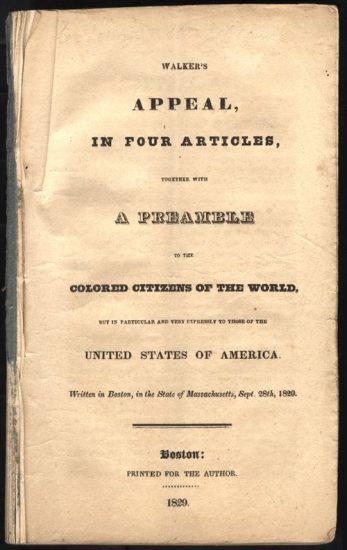 On Sept. 28, 1829, David Walker published one of the most important documents of the 19th century, An Appeal to the Coloured Citizens of the World.
On Sept. 28, 1829, David Walker published one of the most important documents of the 19th century, An Appeal to the Coloured Citizens of the World.
The pamphlet denounces slavery and racism.
Though labeled seditious with penalties for those who circulated it, The Appeal was widely read by 1830.
Here is a description of Walker and The Appeal from the David Walker Memorial Project,
David Walker (1797?-1830) was a courageous and visionary African American leader and activist. He put his life on the line by publicly demanding the immediate end of slavery in the newly established nation of the United States.
Walker has exerted lasting influence on the ongoing struggle for equal rights and racial justice in the U.S. During his lifetime, he pushed other abolitionists to be bolder and more radical in their thinking and actions. And through the years his ideas have inspired many generations of Black leaders and activists of all backgrounds.
Walker was a leader in the African American community in Boston, Massachusetts. He is best known for writing and distributing a pamphlet called David Walker’s Appeal to the Coloured Citizens of the World. This was a passionate espousal of black liberation; a call to his “afflicted and slumbering brethren” to rise up and cast off the chains that bound their minds as well as their bodies.
An evangelical Christian, Walker was a deeply religious man. In his Appeal, he takes white Christians to task for supporting slavery and its savage and unchristian treatment of fellow human beings. Such treatment was not only inhumane, Walker asserted, it was also hypocritical: after fighting for emancipation from Britain and founding a nation based on equality, white Americans continued to enslave and degrade Black people throughout the Republic.
The Appeal was published at a time of growing resistance to slavery. Free Black communities were expanding, and slave rebellions were on the rise. Walker used underground networks to circulate copies of his pamphlet throughout the South. This effort has been called “one of the boldest and most extensive plans to empower slaves ever conceived” in the U.S. before the Civil War.

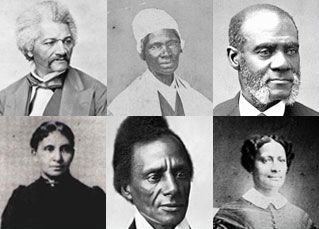


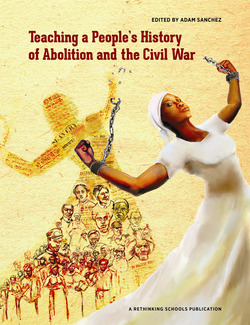
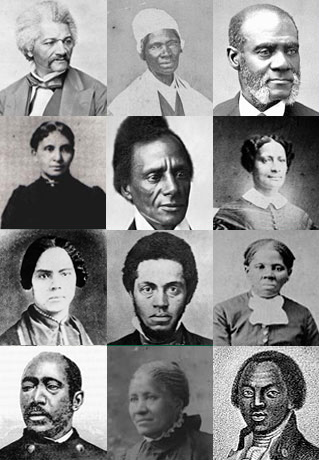
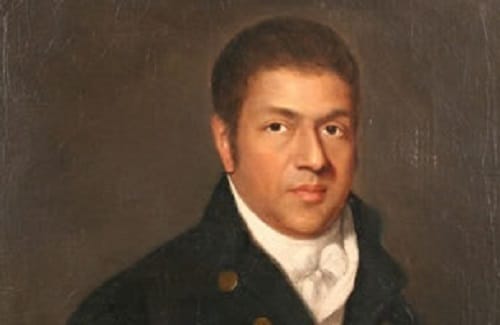
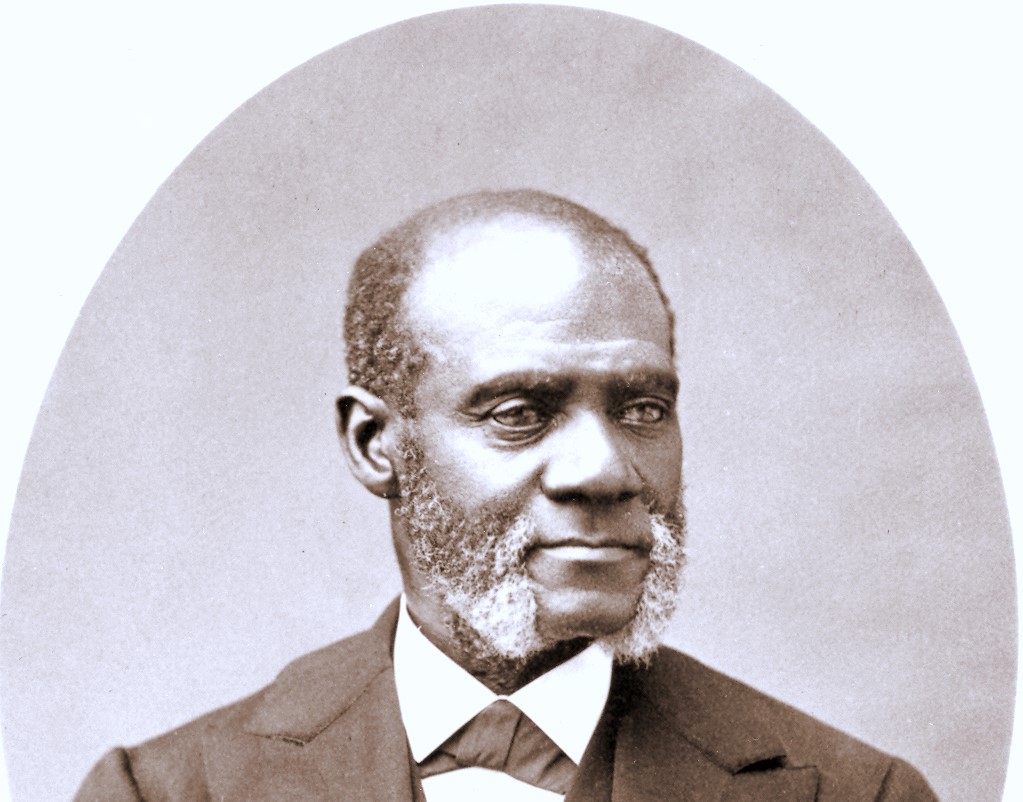





Twitter
Google plus
LinkedIn